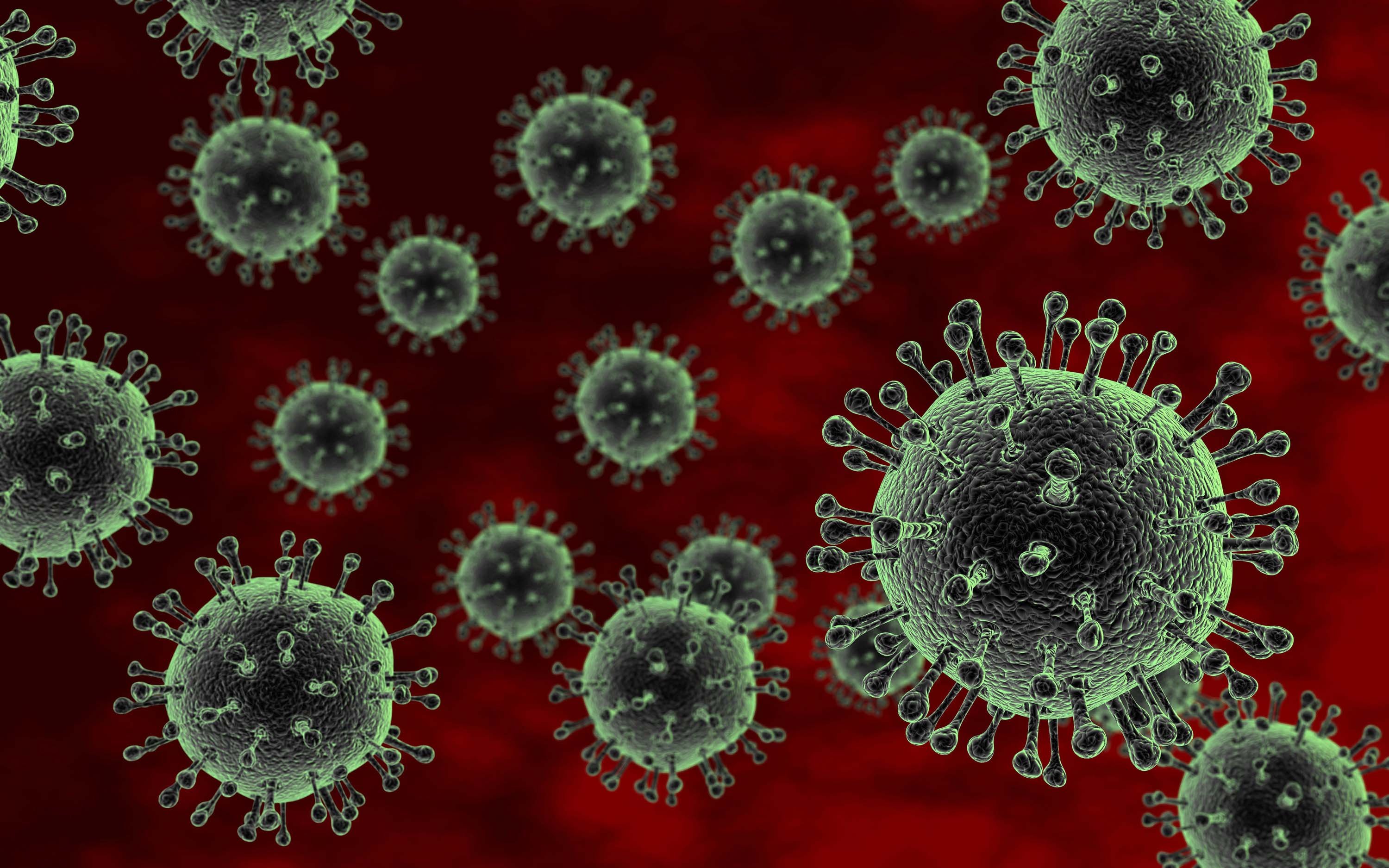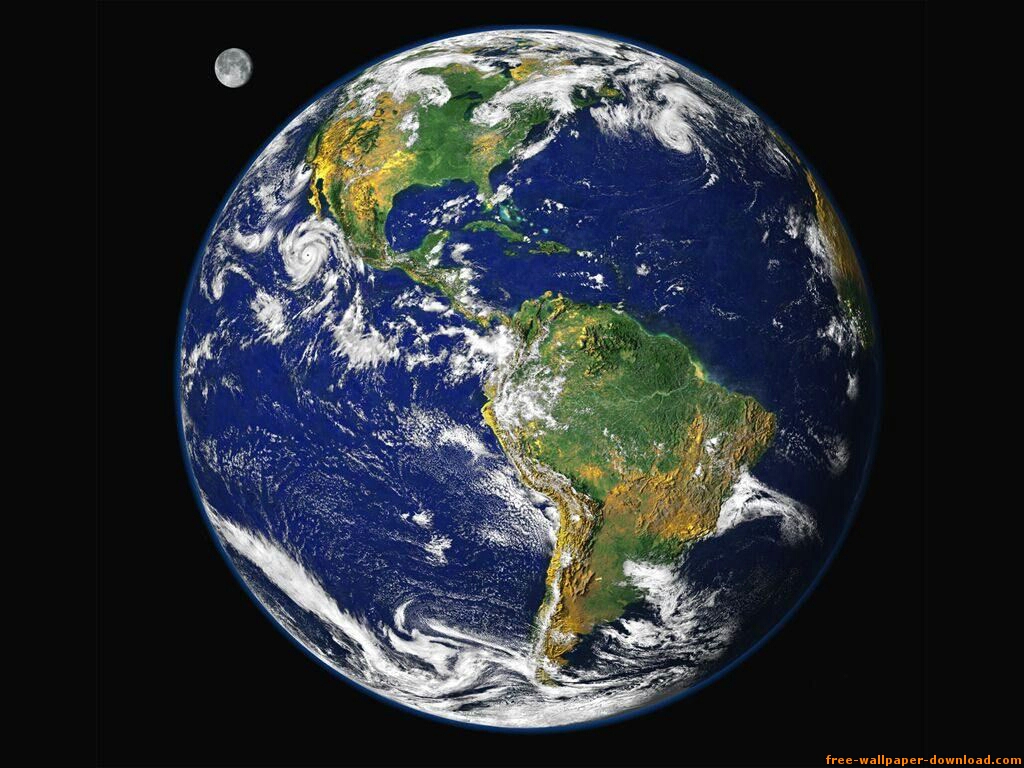WHAT IS LIVING IN NATURE?
Have you ever questioned who is alive and who is not, it is usually easy to characterize life, but not define it, a simple example is that we know that a stone is not alive, but any animal that we can mentioned is without a doubt an example for a living being.
Possibly the only word that can somehow define life is "PHENOMENON", yes, life is a phenomenon, which we have characterized in a very clear way, in fact, there are seven (7) main characteristics of life:
1- Own structure and organization
2- Reproduction
3- Growth and development
4- Evolution
5- Needs energy (Homeostasis)
6- Metabolism
7- Irritability (respond to stimuli)
Anything else that does not possess all these attributes or characteristics, simply cannot be life. After mentioning this, it is evident that a stone cannot be life, for example, it does not possess a structure or its own form, its form is given by environmental conditions that erode and mold it.
Something much more complex to define as a living or not, is the virus (Figure 1), which has biomolecules common to living beings, such as proteins and nucleic acids (DNA), among others, however, do they truly have life? they have their own structure, they can reproduce, even evolve, but these particles do not have their own metabolism, which means that they cannot be considered a living being. Beyond, from the perspective of the cellular theory, which expresses that life is based on the cell as its fundamental unit, and from there a whole structure along the levels of organization of living matter (cell, tissues, organs, systems/apparatus, individual/organism, populations, community, ecosystem, biosphere).

Figure 1. Virus.
Therefore, even more ridiculous, is to extrapolate these characteristics, or some of them, to the stars, such as the SUN (Figure 2), which affirms that they are born, grow, develop, and die; in this sense, it is necessary to understand that these are simple analogies of the stellar phenomenon, with the life phenomenon, so we must ask ourselves, the stars truly reproduce? can they evolve, or do they simply present a variety that responds to chemical or physical conditions? The analogies of stars with life are just that, and cannot be considered living beings; From this point it becomes even more relevant to speak of the GAIA hypothesis, which talks about the planet earth (Figure 3) as a living macro-being, that is, an entity with life. Interpreting this hypothesis as possible, would have to force us to rethink the definition of life and its characteristics; simply take the characteristic of reproduction, and ask ourselves if the earth or some other planet can do this process, following the premise, that the lack of any of the characteristics of life, just defines a structure or inert thing, merely lifeless. The earth as a planet, naturally harbors over it, a set of biomass (life), able to respond to external stimuli, use external energy and evolve (adaptation) on this giant piece of land, stone, air and water that is in a vast space, which makes us ask, where else the PHENOMENON OF LIFE has occurred?

Figure 2. The Sun.

Figure 3. The Earth.
Congratulations @mariolester! You have completed some achievement on Steemit and have been rewarded with new badge(s) :
Click on any badge to view your own Board of Honor on SteemitBoard.
For more information about SteemitBoard, click here
If you no longer want to receive notifications, reply to this comment with the word
STOP